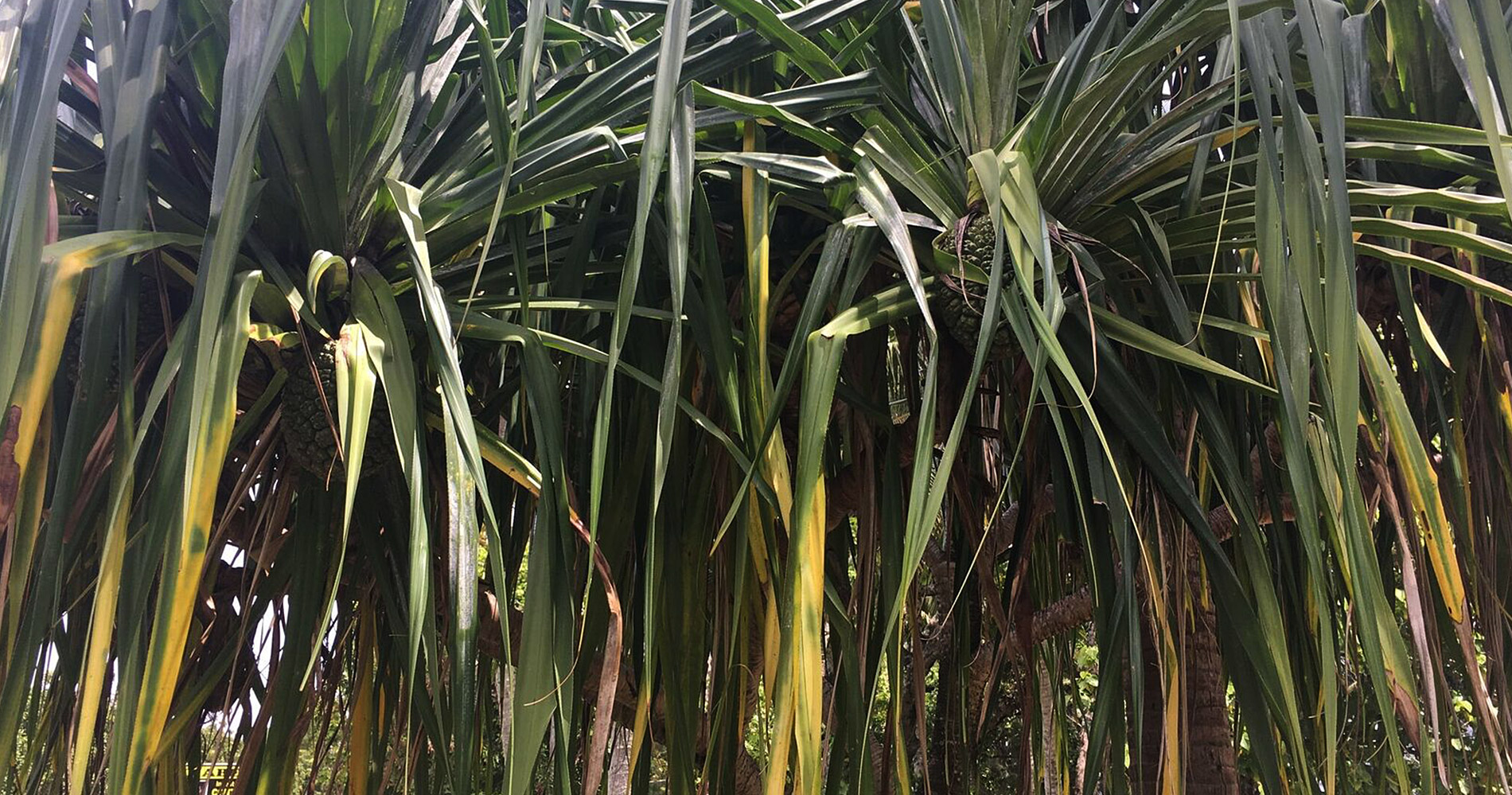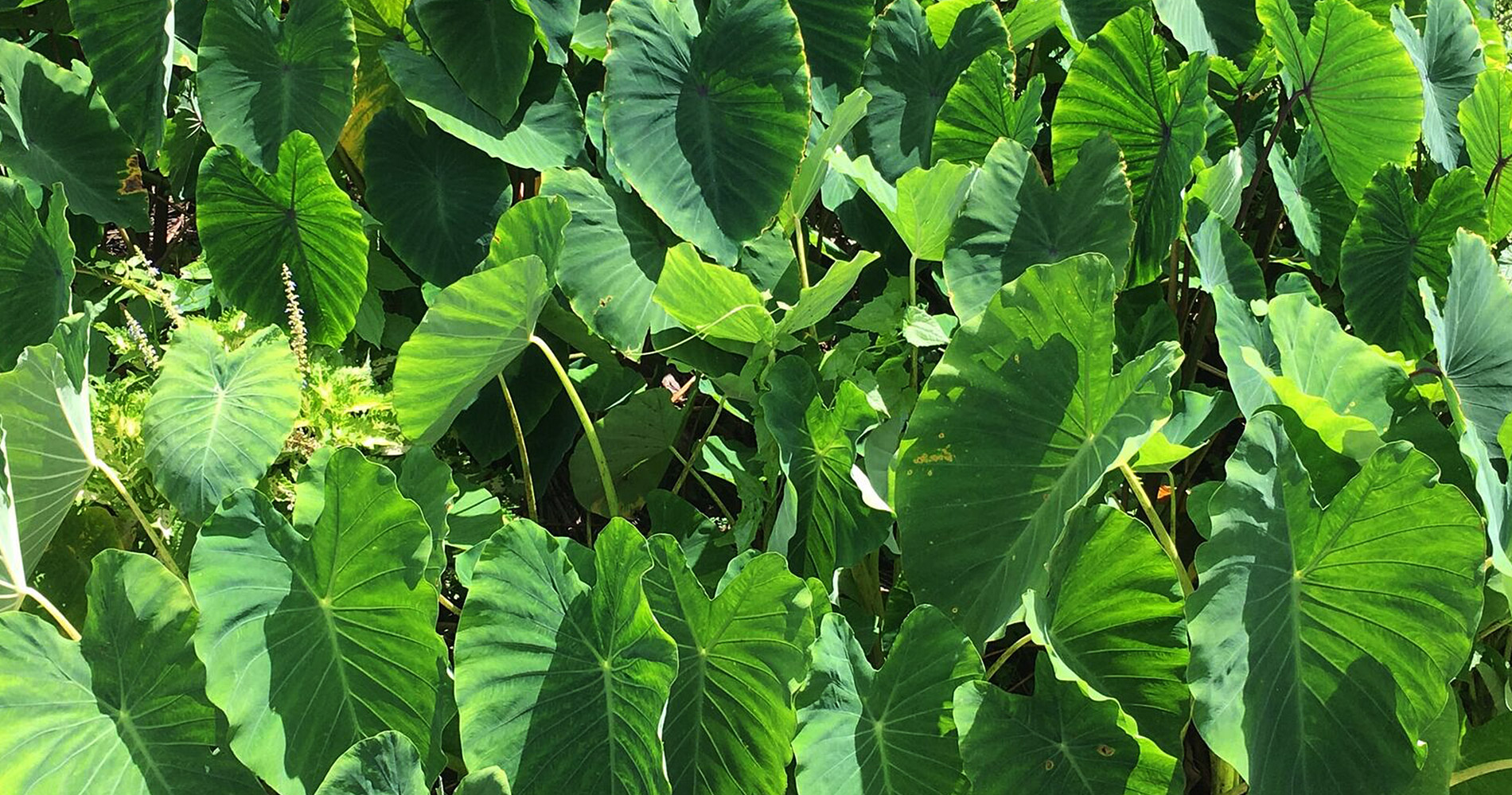Rarotonga(n)
1.
(v.i.)
(-a, -‘ia, -ria), Stay, remain, abide. Kua no‘o raua ki Avarua e tae ‘ua mai te pa‘ī. They stayed in Avarua until the ship arrived; Kā tae koe i te no‘o ki te kāinga ākonei i te pō? Can you manage to stay at home tonight?; Ko te moa no‘o kāinga tēnā, tē vāi ra te moa koka. That’s the chicken that stays at home, there’s one that wanders off; Tē no‘o pekapeka ‘ua nei ngā pae tangata. Both sides are still at loggerheads; no‘o ‘ēkōkō, remain in doubt or suspense; Kua no‘o ‘ua te matangi ki tokerau. The wind sat in the north; Kua ‘akatika ‘ia ‘aia kia no‘o mei te ‘āpi‘i. He was allowed to stay away from school; E no‘o ki tā’au tika. Abide by your promise.
2.
Live, dwell, settle in a place. Kua no‘opōnuiā‘au ‘ua rātou e te rekareka. They lived in complete peace and happiness; Kua no’o rāua ki te pae tai i tō rātou tae‘anga ki Rarotonga. They lived on the coast when they came to Rarotonga; Kua no‘o‘ia teia motu e te tangata no te ma‘ata i te ika. People lived on this island because the fish were so plentiful.
3.
Stay still, pause, stop. Kua ‘oro viviki te ‘oro‘enua ē i te kite‘anga i tōna pu, kua no‘o. The horse galloped, but stopped when it saw its master; Kua no‘o ‘aia i tēta‘i mānga taime poto. He paused for a little while; Noo ua iora te Atua i te ra itu i tana katoa ra angaanga. And God rested on the seventh day from all his works (Heb. 4.4); No‘o ‘ua te ‘anga‘anga i tēia ra. There’s no work today.
4.
Sit. E no‘o koe ki raro e kai i tā‘au kai. Sit down and eat your food; I no‘o ‘ia ana tēia au no‘o‘anga ē te tangata. People have been sitting in these chairs; tetai punua asini, kua erekia, kare oki i nooia e te tangata, a young ass, tethered, and never sat on (Mark 11.2). No‘o tū, sit upright. E no‘o tū koe, kia māoro au i tō‘ou mokotua. Sit up so I can rub your back.
5.
Occupy (a place, location, post). Kua ‘oki te manu ki te ngā'i tei no‘o‘ia e tāna ‘anaunga. The bird returned to where her brood were; Kua no‘o ‘aia ki runga i te tā‘onga mata‘iapo ē mate ‘ua atu. He held the mata‘iapo title until his death; I no‘oria ana tēia ‘are e tēta‘i tangata, ko Tanara. This house used to be occupied by someone called Tanara; No‘o‘ia tēia ngā‘i e te tūpāpaku. This place is haunted; Kua no‘o‘ia tēia repo taro e te patapata. This taro swamp is infested with blight; E no‘o ‘ua koe, nāku e tuatua. You keep out of it, I’ll do the talking; Noa atu ‘a Pā kia no‘o, ka ‘autū rāi mātou. It makes no difference if Pa is out (of the team), we’ll still win. E no‘o (ake) rā, goodbye (stay there) said by the person leaving); E no‘o rā, kia manuia kōtou. Goodbye and good luck. No‘o tāne, married (of a woman), no‘o va‘ine, married (of a man). Kua no‘o tāne ‘aia. She is married. No‘o ngatā, unsettled, restless(ness). Kua no‘o ngatā ‘ua rāua, nō te mea tē pekapeka ‘uā ra tō rātou ‘enua. They led an unsettled existence because the country was troubled; ‘E no‘o ngatā tikāi tōna. He is very unsettled. No'o ki runga i te turi, kneel. E no‘o ki runga i tō‘ou turi. Kneel down. (See nono‘o, no‘ono‘o, nonono‘o, no‘onga, no‘o‘anga, ‘akano‘o(no‘o), tāno‘o(no‘o).) [Pn. *nofo.] .

